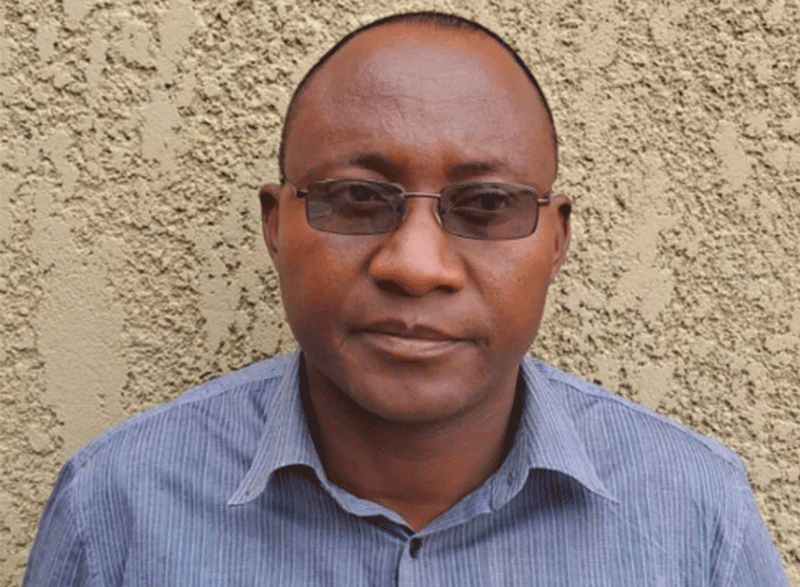
ZIMBABWE needs a well-refined national health insurance scheme to meet the needs of ordinary citizens following a freeze and cuts on foreign aid by the United States (US), Netherlands and European countries.
The country was receiving at least US$40 million annually under the United States President’s Emergency Plan for Aids Relief (Pepfar) and USAid for HIV programming including for the supply of life-saving anti-retroviral (ARV) medicines.
In January, US President Donald Trump introduced a raft of measures to cut aid under USAid and other programmes.
Last month, the Dutch and the European Union followed suit.
Community Working Group on Health executive director Itai Rusike said the health of thousands of Zimbabweans was at stake given the funding cuts especially on health programmes.
“This is of great concern and has a considerable impact on the country's health services when the fragility of our health system demands more resources,” Rusike said.
“Maybe the funding cuts by the donor community are all pointing to the need for a well-defined and well-crafted national health insurance scheme as it is now proving to be very risky and unsustainable for a country to depend substantially on external partners since donors can withdraw financial support anytime should their interests shift for one reason or the other.”
Health expert, Johannes Marisa, weighed in saying the gap will be felt soon as the country’s budget allocation for health is very small.
- Education crisis mirrors national problem
- USD fees: Govt policy failure hurting parents
- Zim has 2nd highest rising food prices: WB
- US raises red flag on abuse of journos in Zim
Keep Reading
Over the years, Treasury has failed to allocate 15% of the total budget to health stipulated by the Abuja Declaration made by African Union member States in the Nigerian capital in 2001.
“We can get into health a quagmire anytime, unless government is finds domestic funding models that are very liable and well, of course, after eliminating corruption, otherwise our health delivery system will be very weak if we do not find alternatives,” Marisa said.
National Aids Council chief executive Bernard Madzima, however, said there was no need to panic because the country’s supply of ARVs was stable despite the funding cuts by international donors.
Madzima said Zimbabwe maintained a three-month reserve of ARVs and essential laboratory supplies.
“The current levels of antiretroviral medicines and laboratory commodities in Zimbabwe are adequate. We normally keep stocks for up to three months and since the executive order came into effect, our supplies have remained stable. We still have sufficient stock until the end of June,” Madzima told journalists on Monday.
To prevent any disruptions beyond June, government has taken proactive measures by mobilising domestic resources, he said.
“The funding cuts from Pepfar and USAid are significant, as these donors contribute nearly US$40 million towards ARV supplies and support for healthcare workers, including community health workers and civil society organisations involved in HIV programmes.
“However, we have put mechanisms in place to bridge this gap.”










